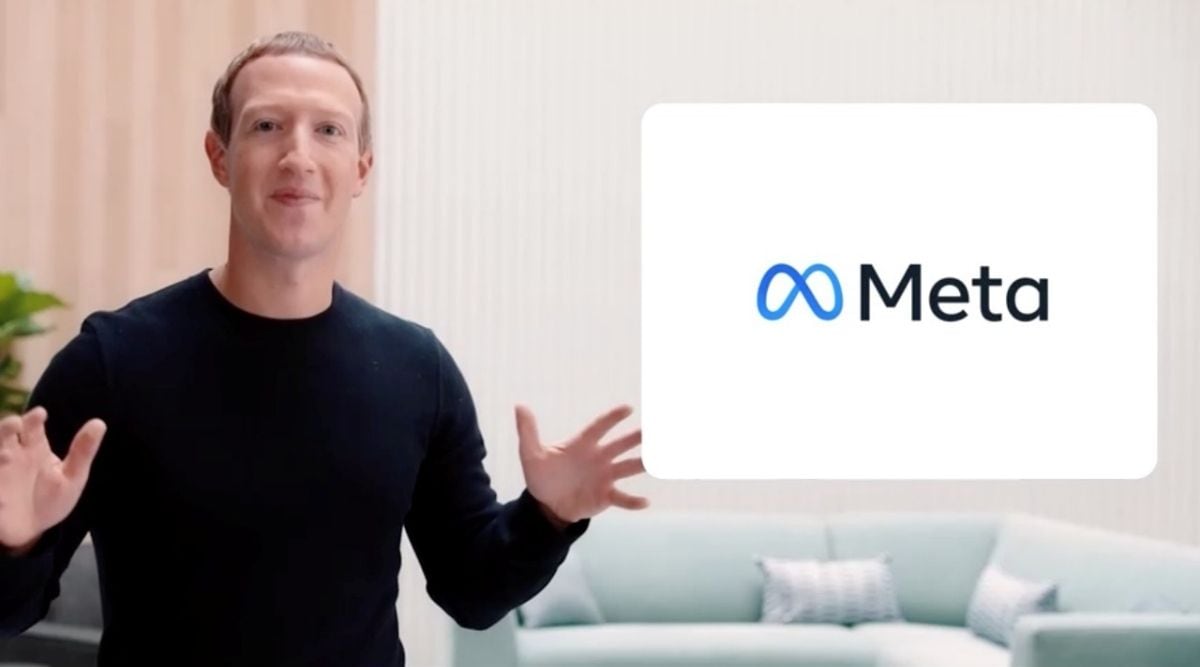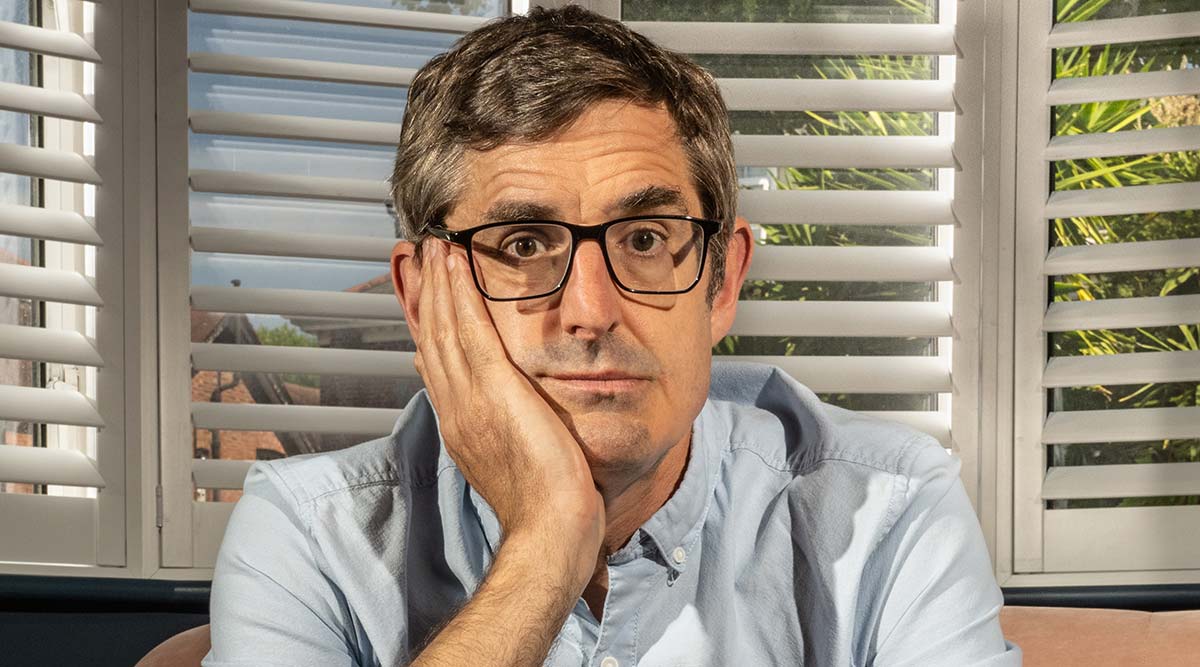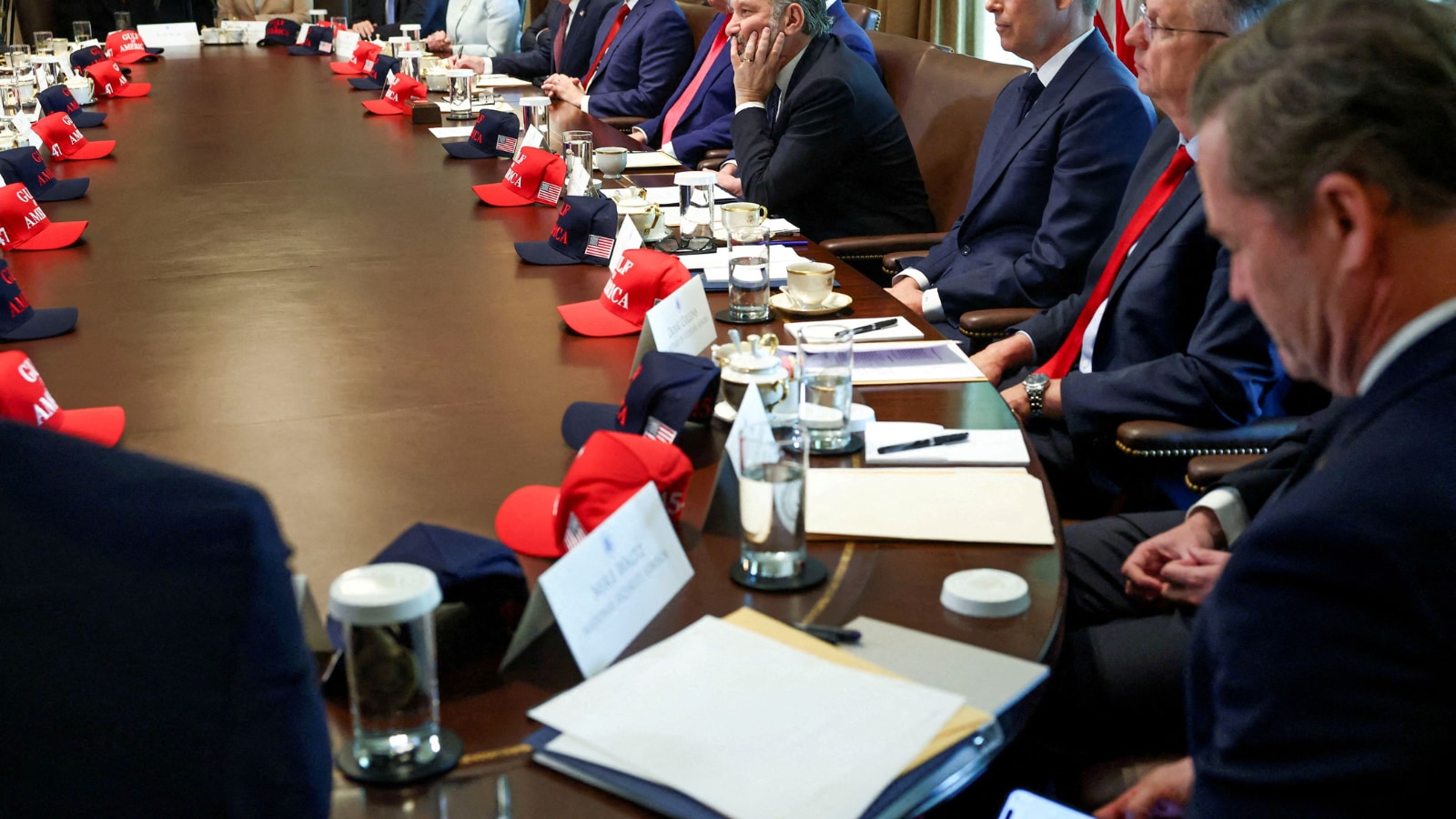Meta CEO Mark Zuckerberg announced that Facebook and Instagram creators won’t have to share a cut of their revenue until 2024. This comes as Meta previously said it would hold off on revenue sharing until 2023. “We’ll hold off on any revenue sharing on Facebook and Instagram until 2024. That includes paid online events, Subscriptions, Badges, and Bulletin,” Zuckerberg wrote in a Facebook post.
The social media company is also introducing new ways for creators to be monetised on its platforms. According to Zuckerberg, creators will be able to make subscriber-only Facebook groups where users will have to pay a subscription amount to access the group chat.
Facebook Stars will be opened up for all the eligible creators “so more people can start earning from their Reels, live, or VOD videos,” Zuckerberg noted.
He also announced more creators would be eligible for monetization programs like cash bonuses for making popular Reels. “We’re opening up the Reels Play Bonus program to more creators on Facebook soon and letting creators cross-post their Instagram Reels to Facebook and monetize them there too,” he added.
Earlier this week, Zuckerberg announced the launch of a designer clothing store for digital avatars called the “Meta Avatars Store.” He made the announcement on an Instagram live along with Instagram’s vice president of fashion partnerships Eva Chen. “We’re launching our Avatars Store on Facebook, Instagram, and Messenger so you can buy digital clothes to style your avatar. Digital goods will be an important way to express yourself in the metaverse and a big driver of the creative economy. I’m excited to add more brands and bring this to VR soon too,” he wrote in a post on Facebook.
In other news, Facebook employees have been given a new directive to make the app’s feed more like TikTok, according to an internal memo from late April, which was accessed by The Verge. According to the memo, Facebook’s main feed will start recommending posts regardless of where they come from, instead of prioritising posts from accounts that people follow. This is similar to how TikTok uses artificial intelligence (AI) to recommend short-form videos from across the platform to its users.
!function(f,b,e,v,n,t,s)
{if(f.fbq)return;n=f.fbq=function(){n.callMethod?
n.callMethod.apply(n,arguments):n.queue.push(arguments)};
if(!f._fbq)f._fbq=n;n.push=n;n.loaded=!0;n.version=’2.0′;
n.queue=[];t=b.createElement(e);t.async=!0;
t.src=v;s=b.getElementsByTagName(e)[0];
s.parentNode.insertBefore(t,s)}(window, document,’script’,
‘https://connect.facebook.net/en_US/fbevents.js’);
fbq(‘init’, ‘444470064056909’);
fbq(‘track’, ‘PageView’);







